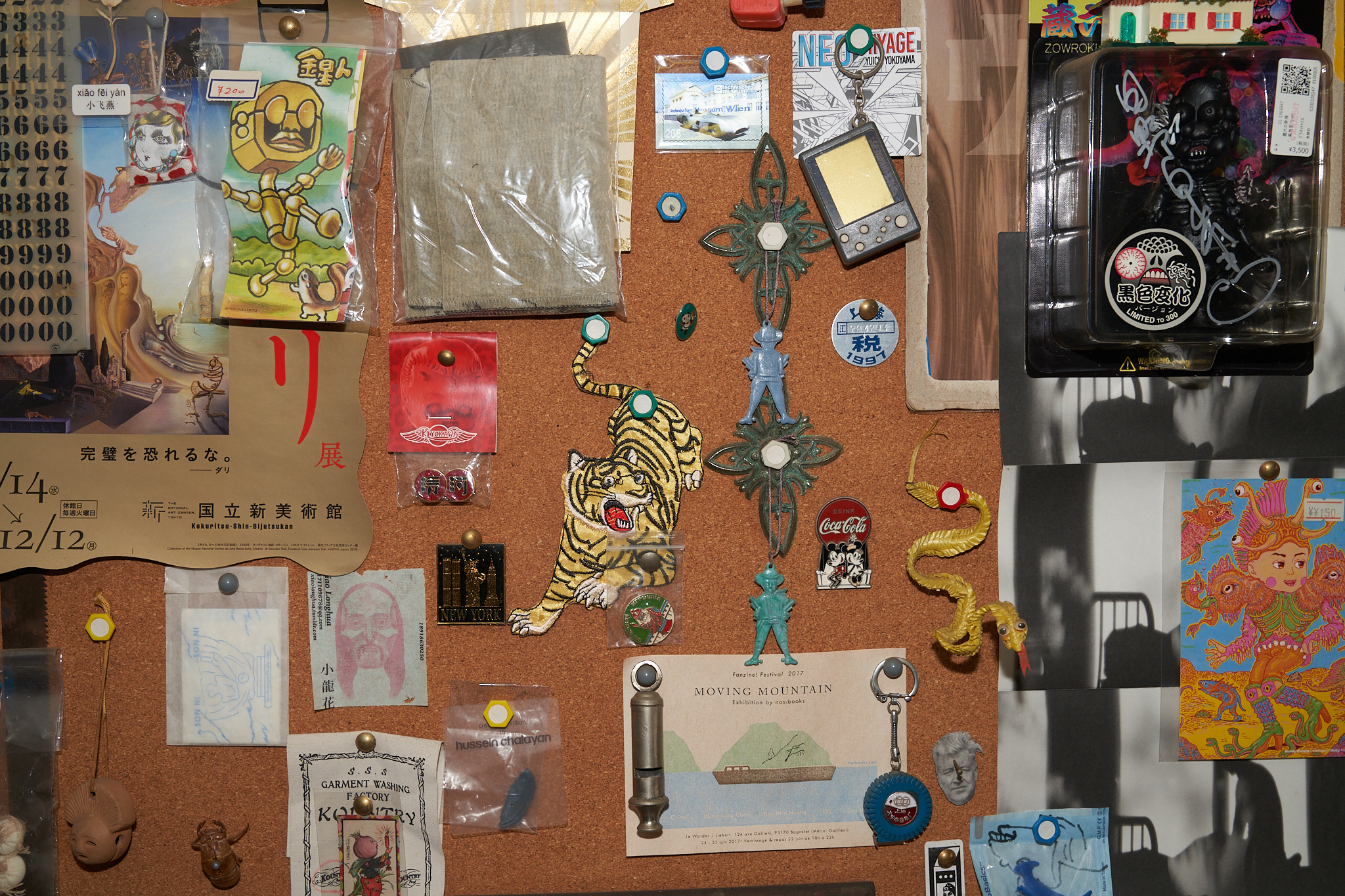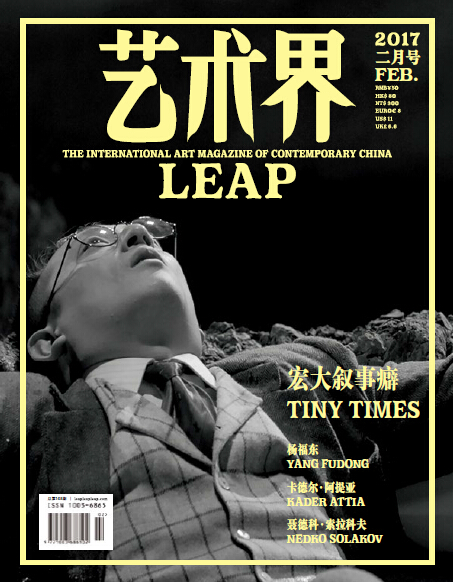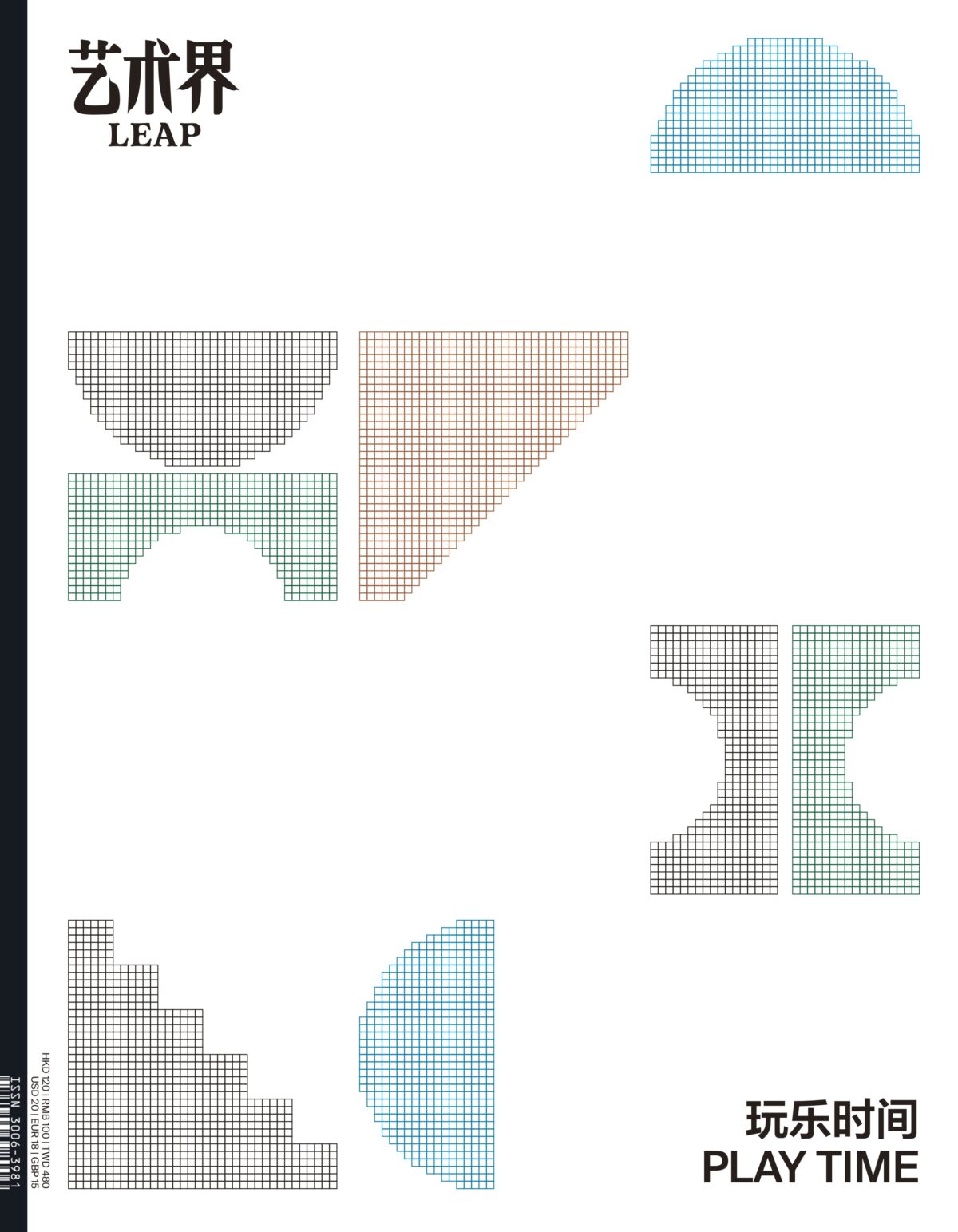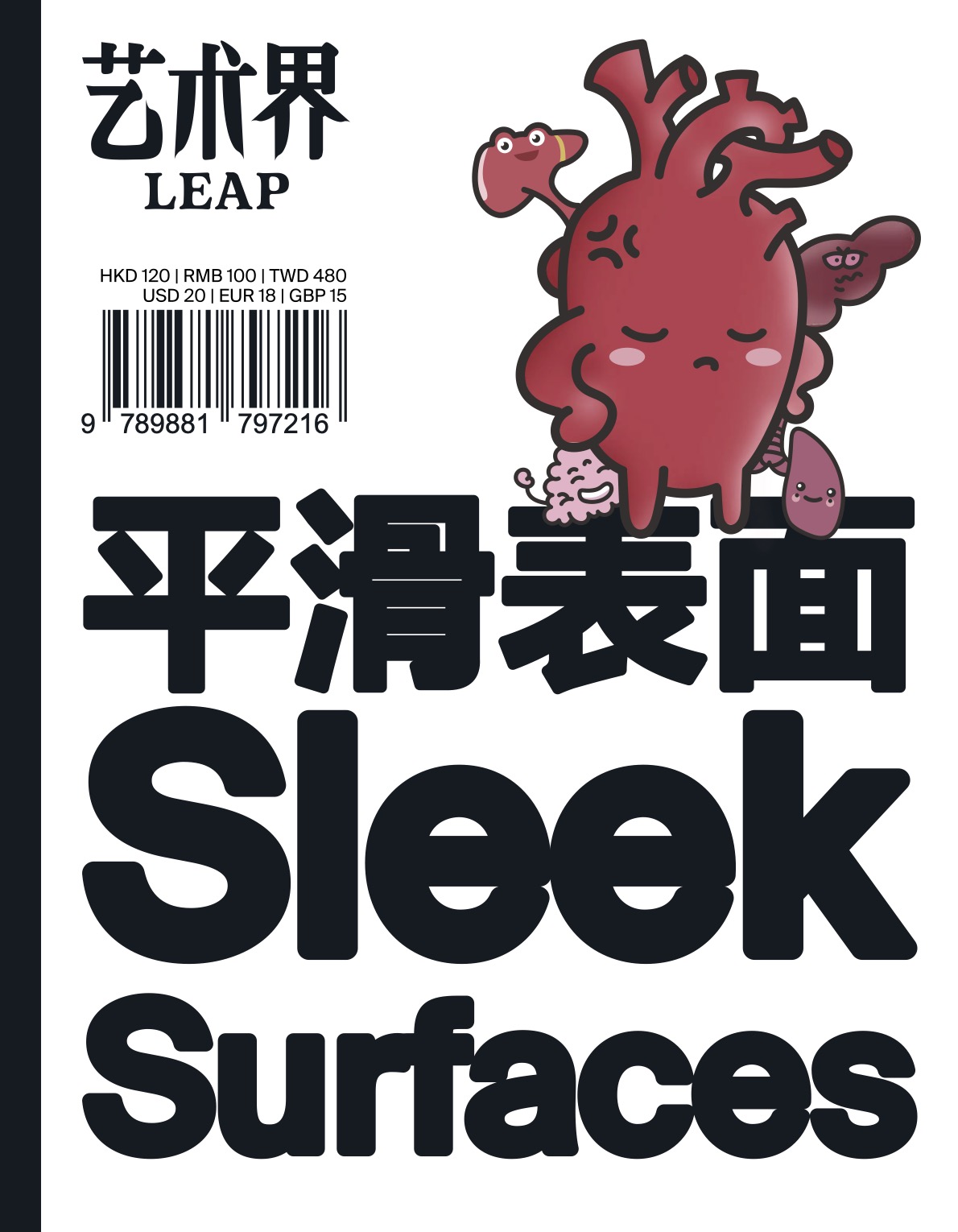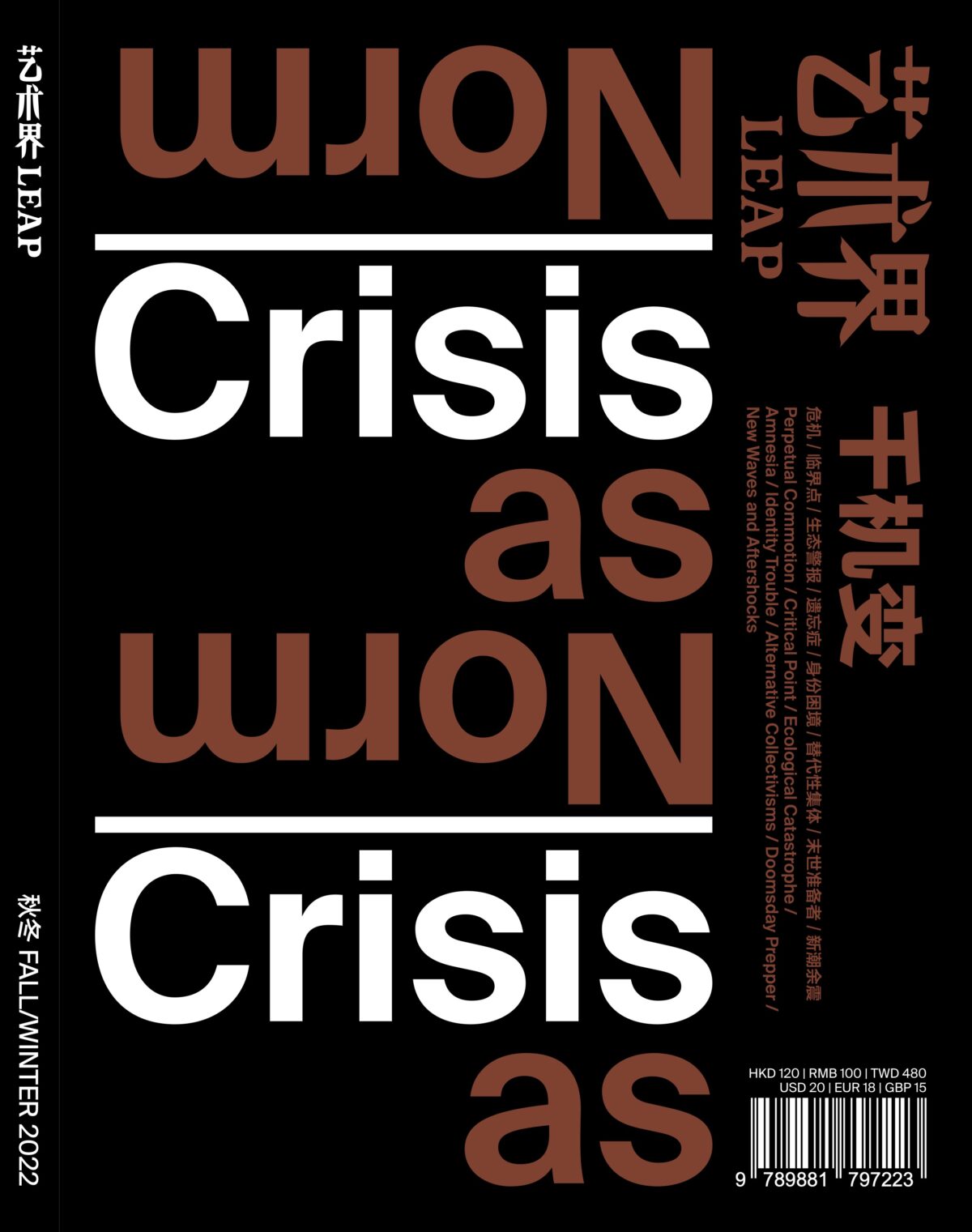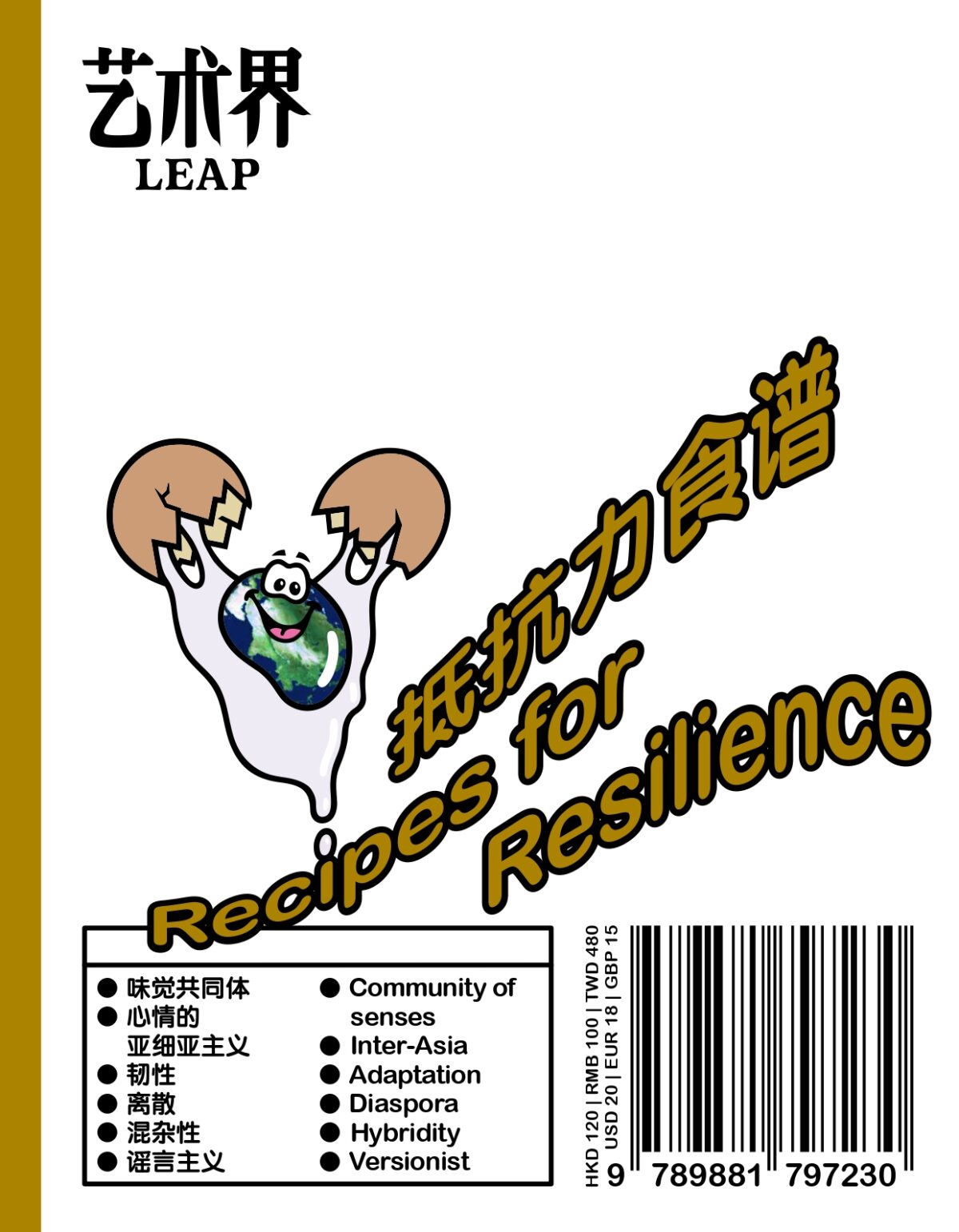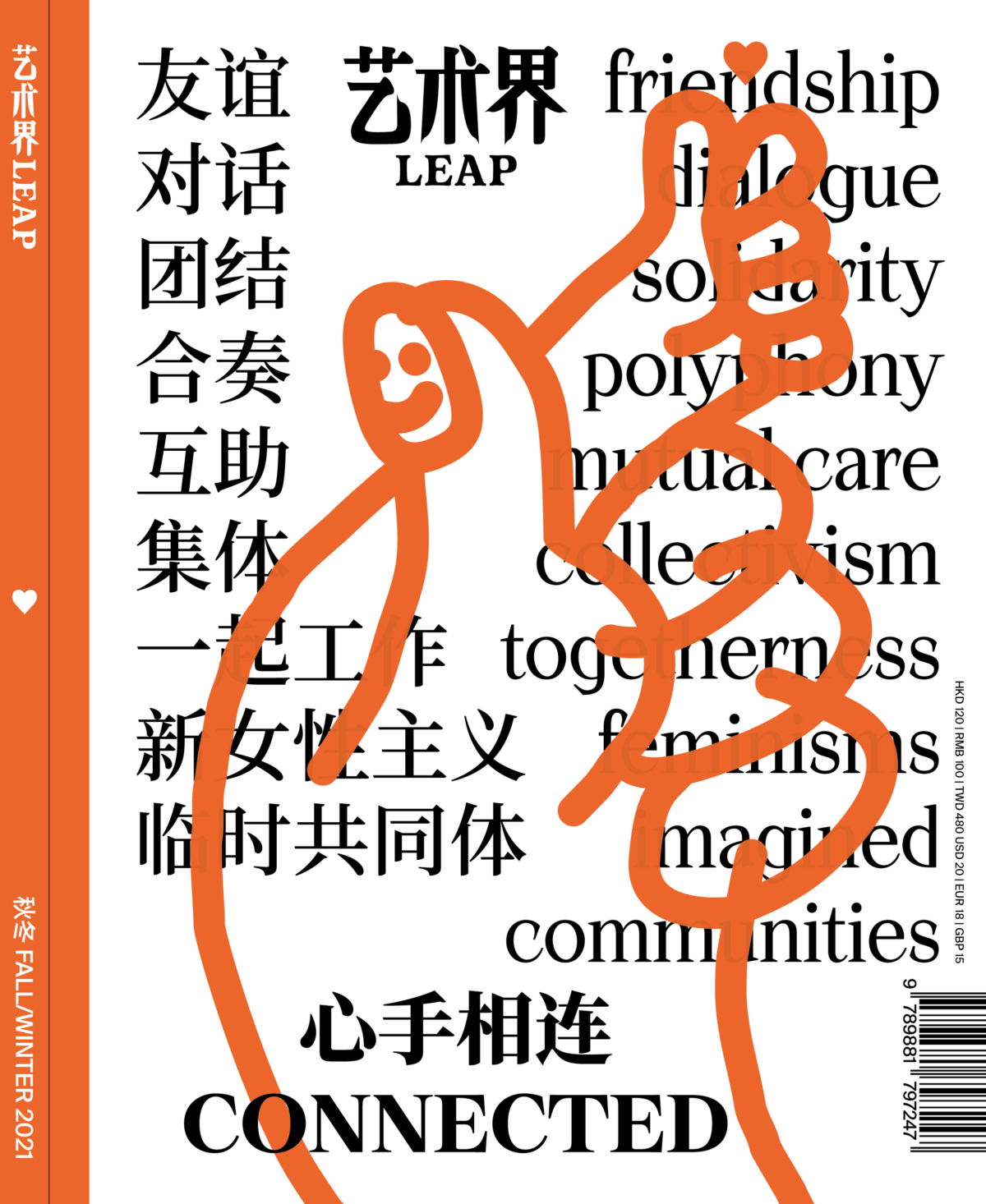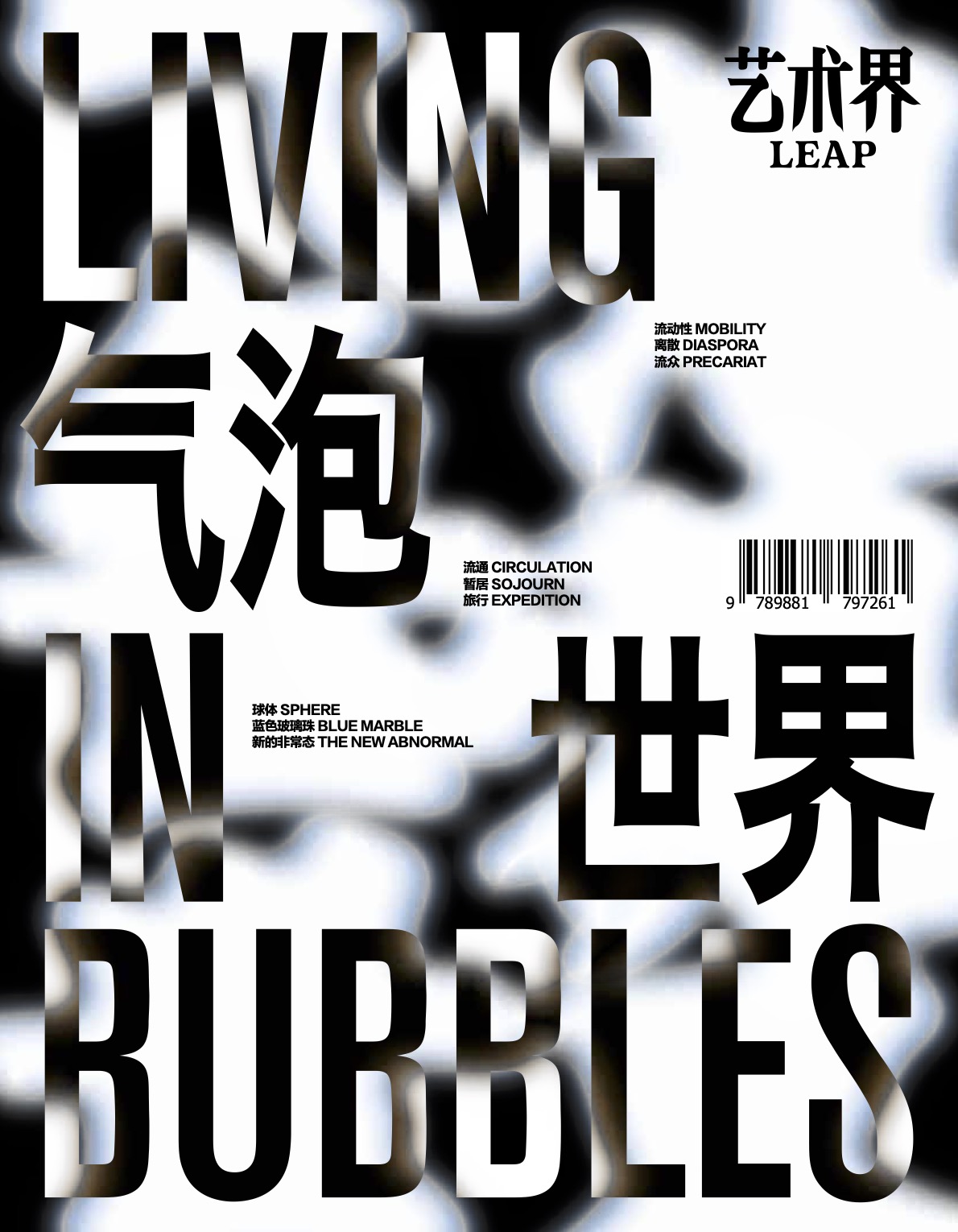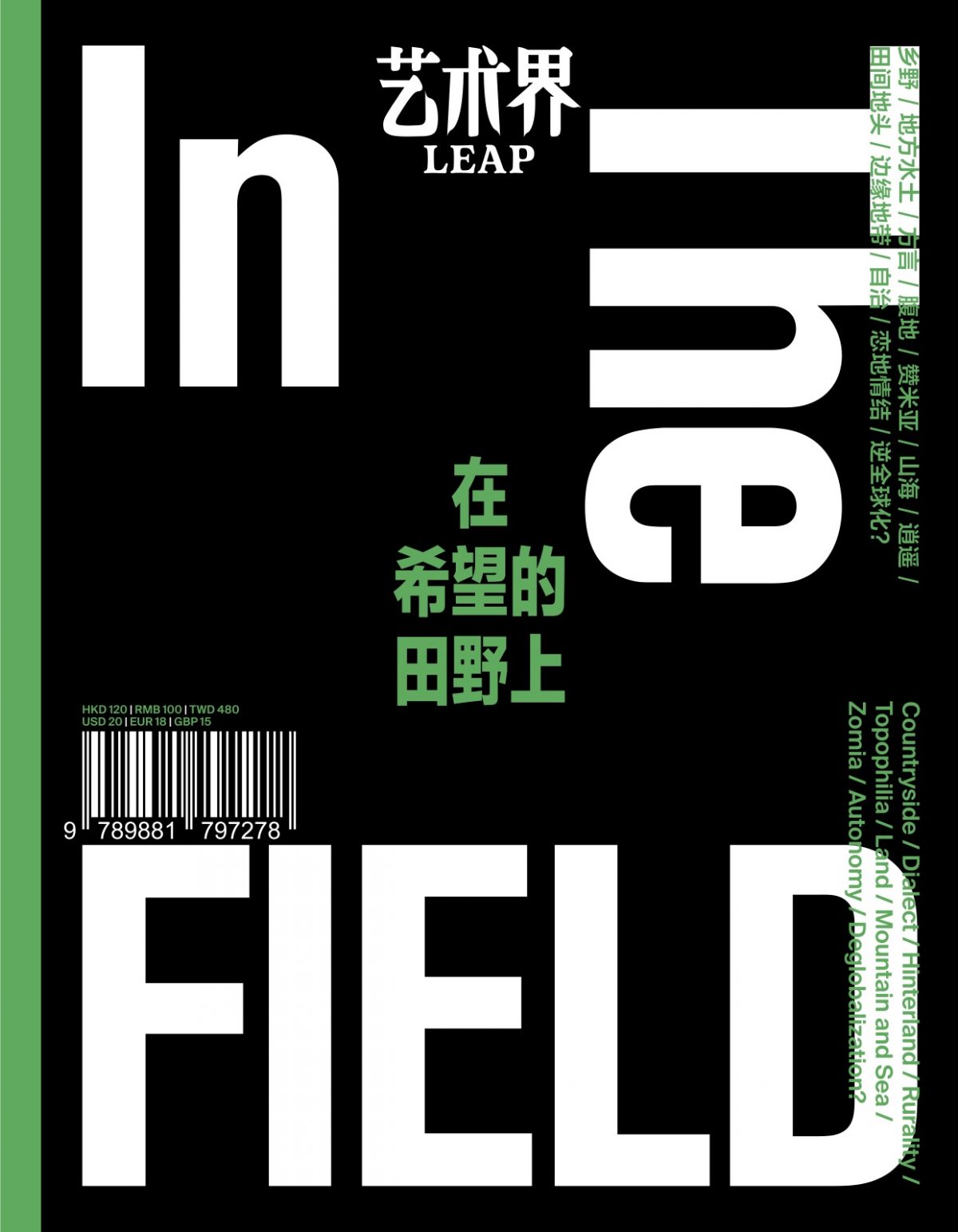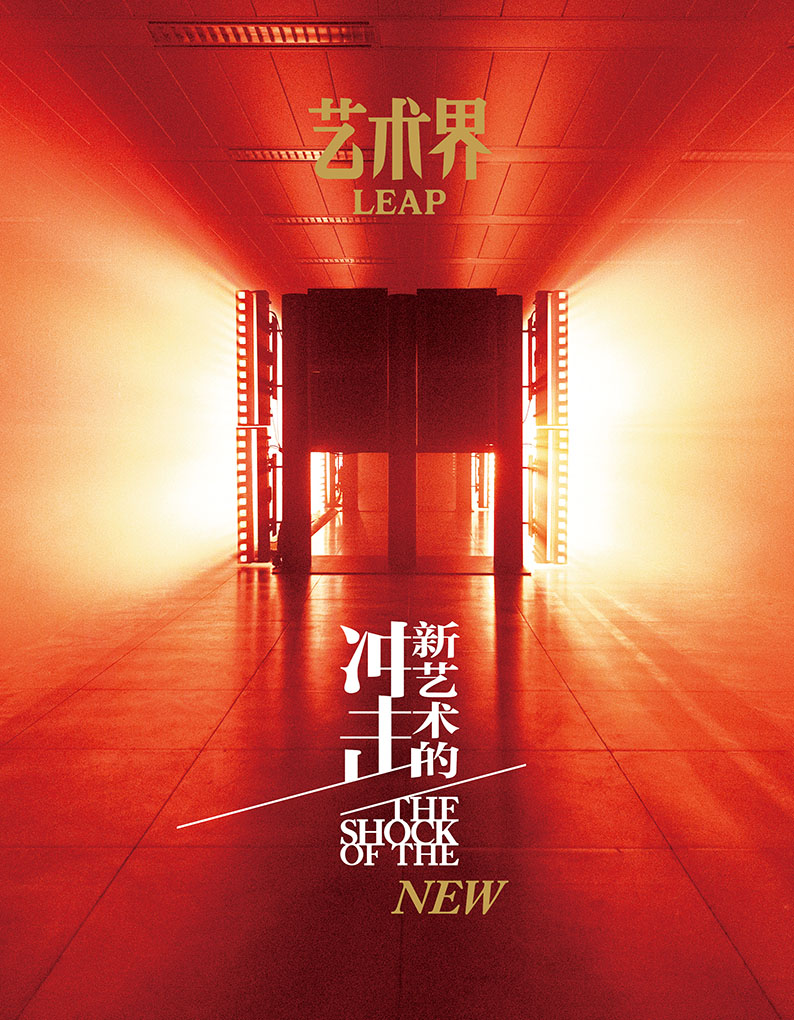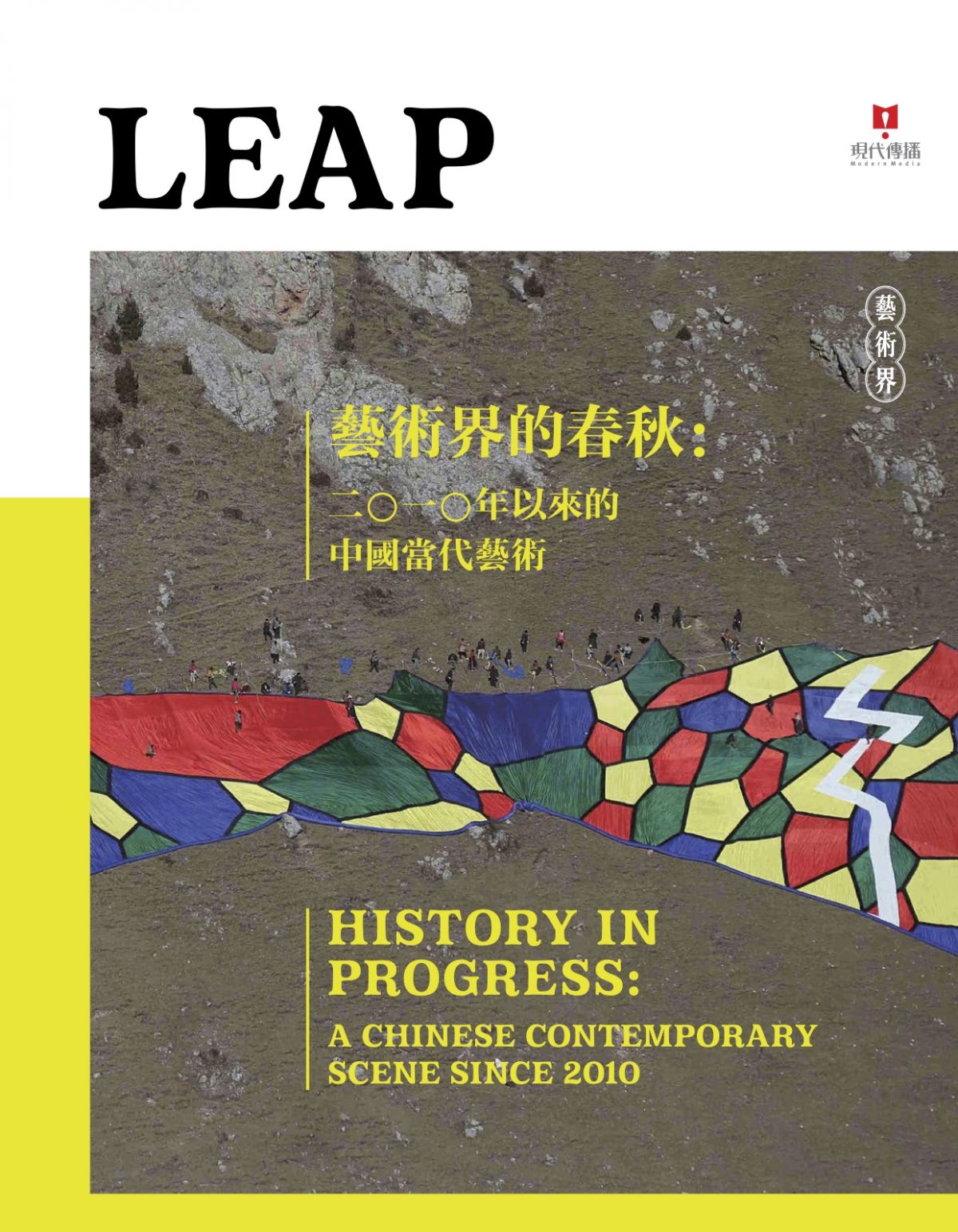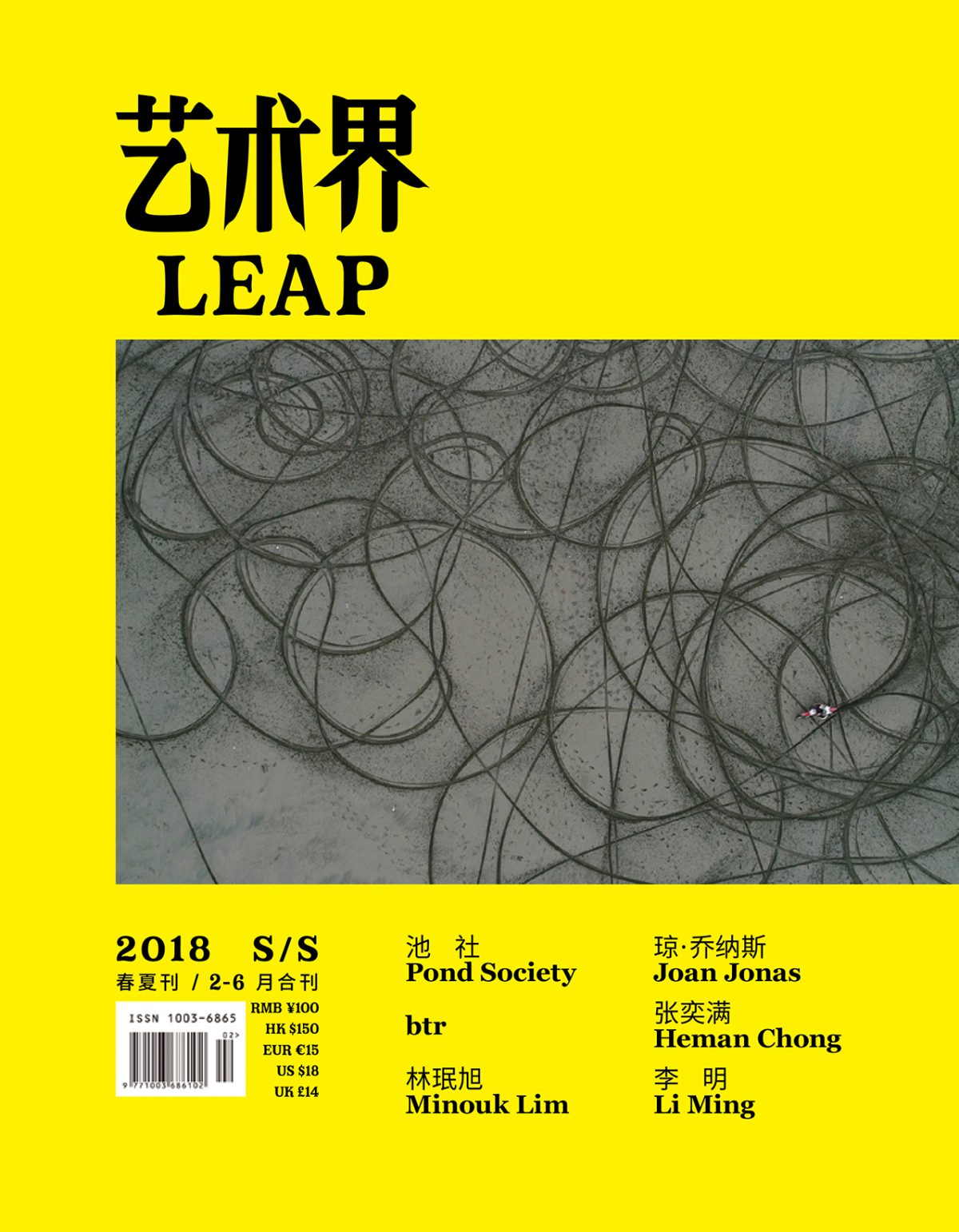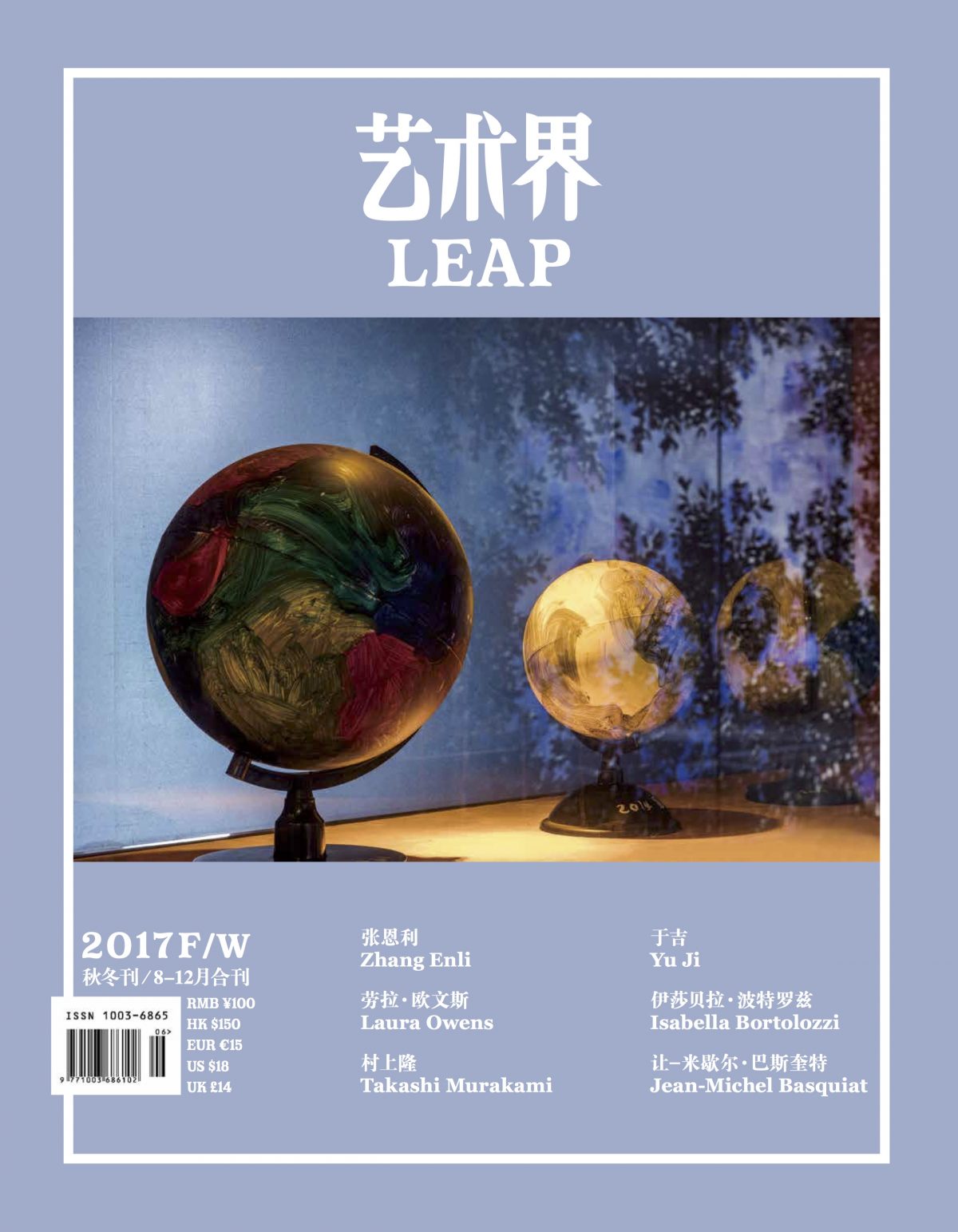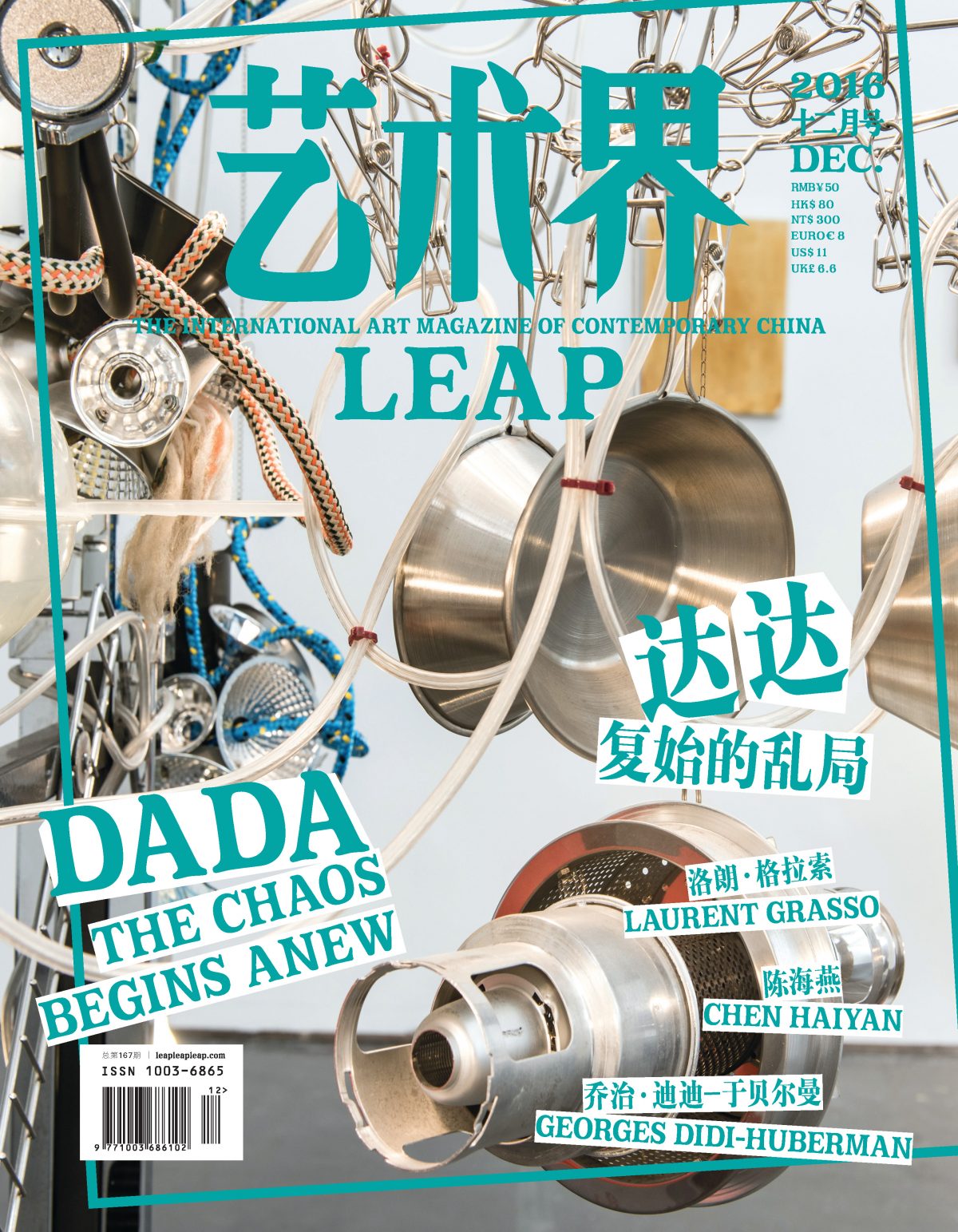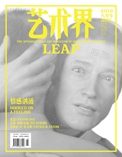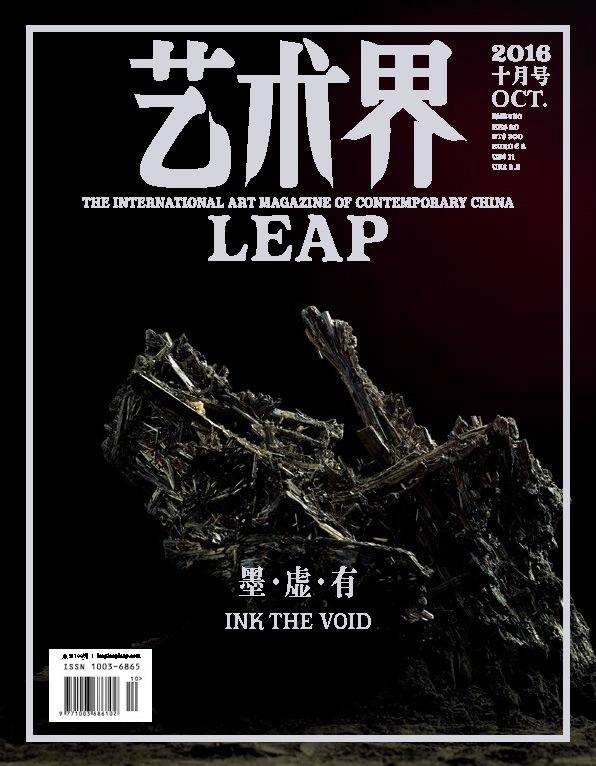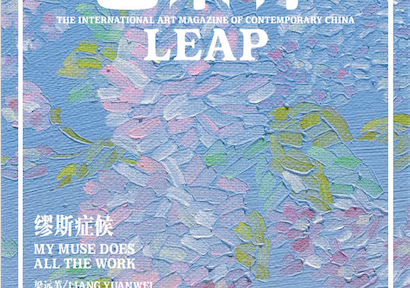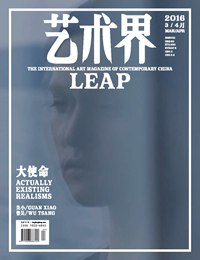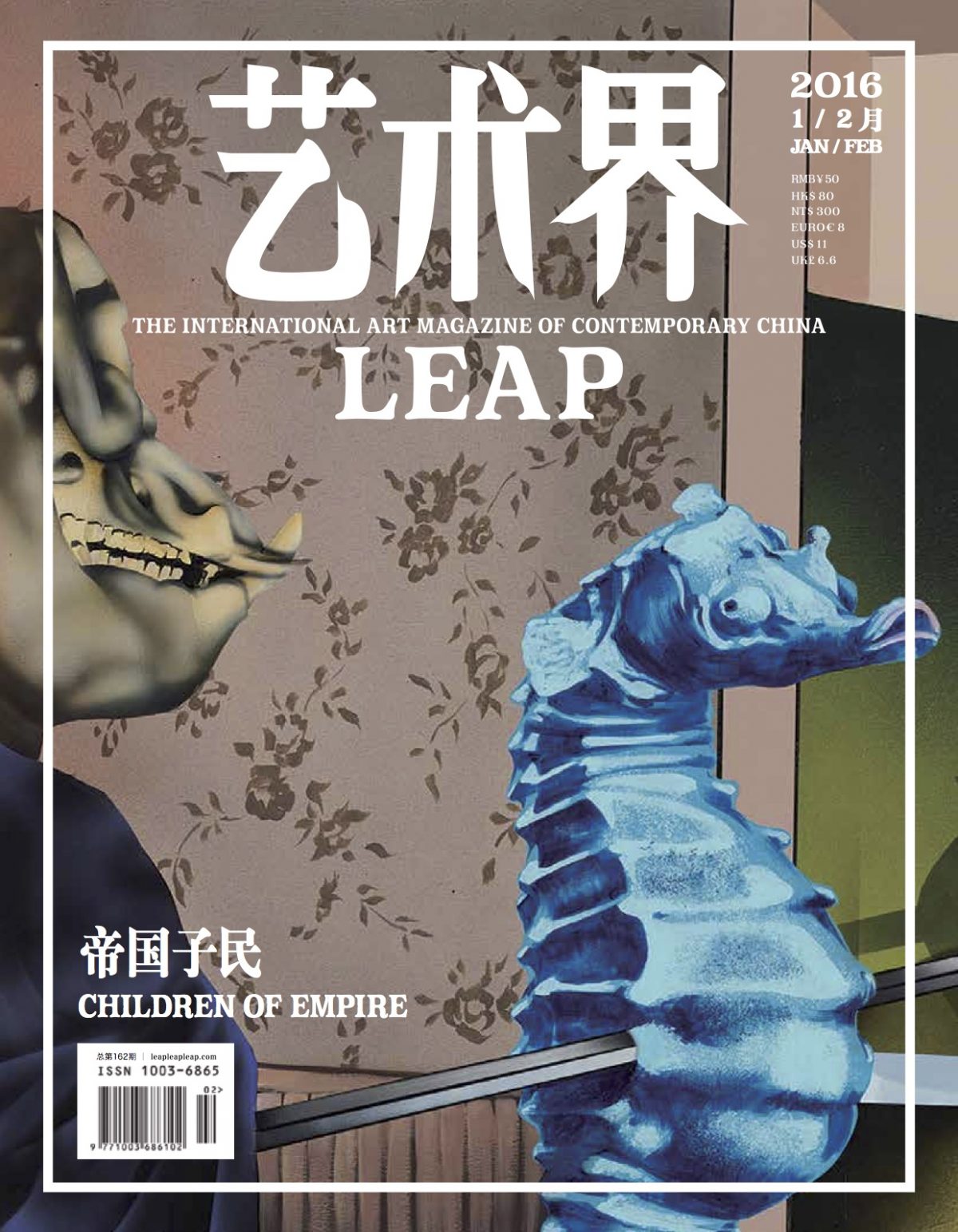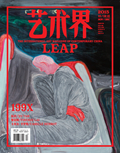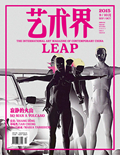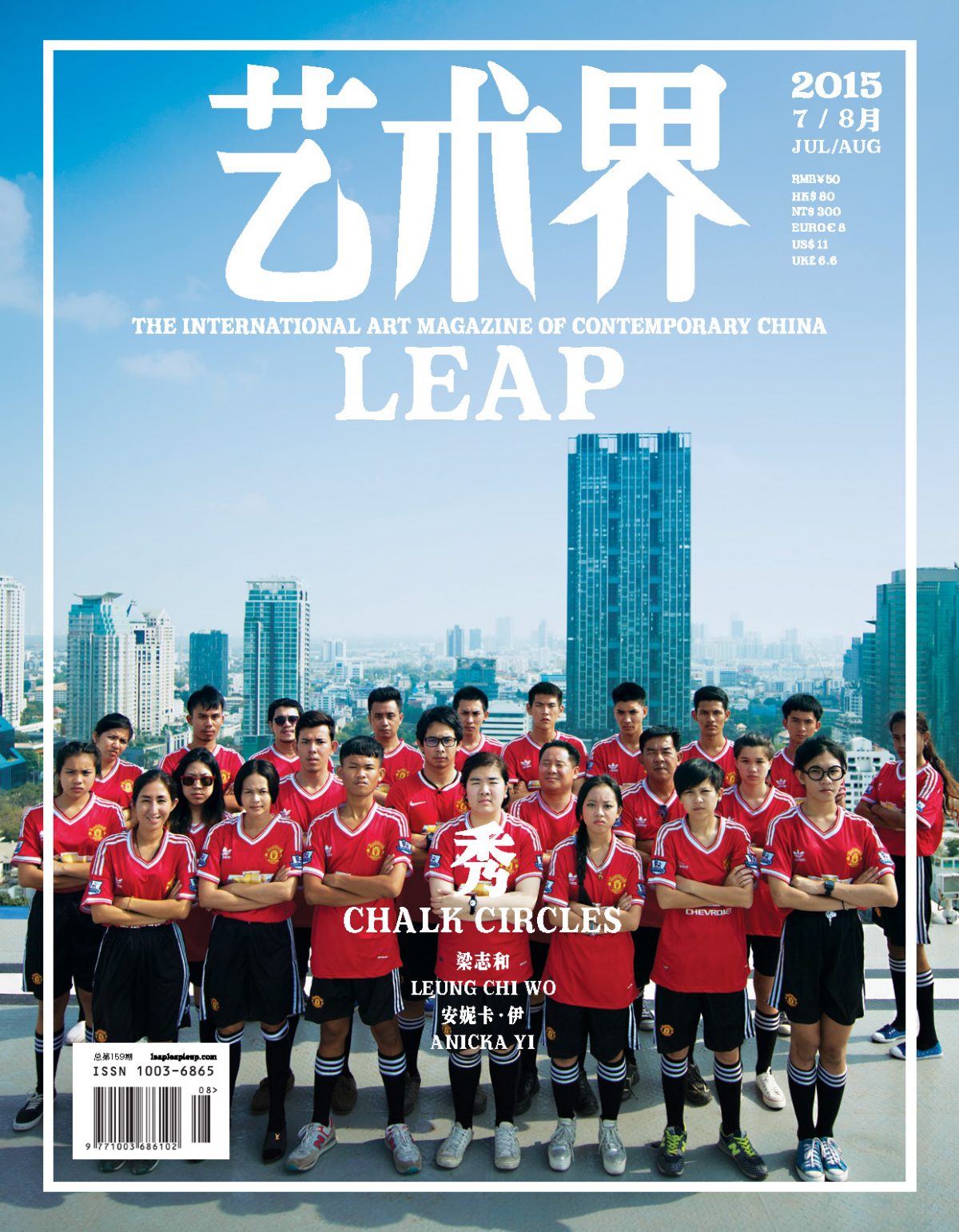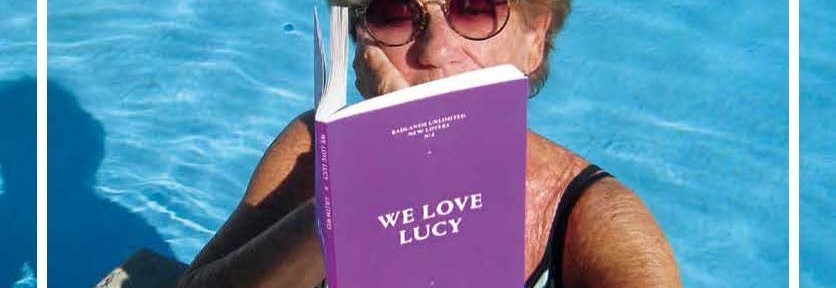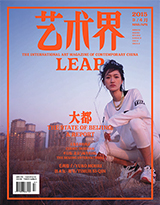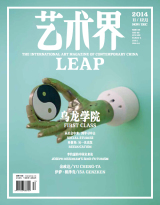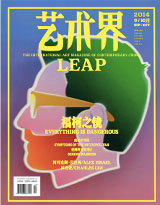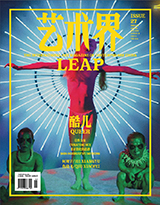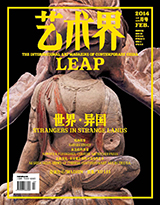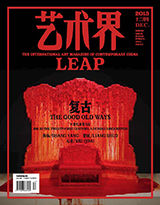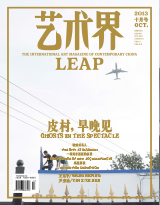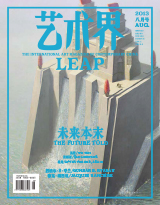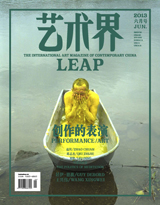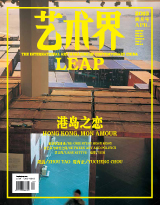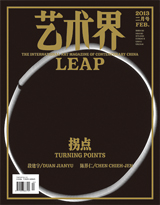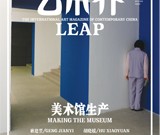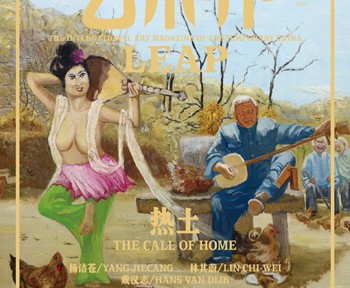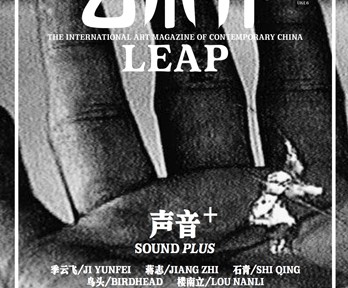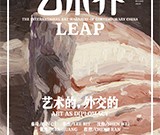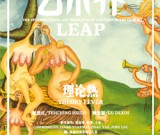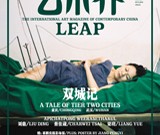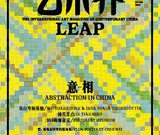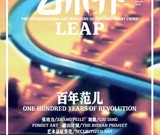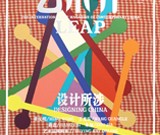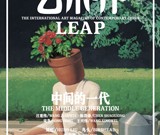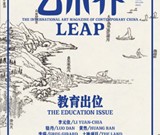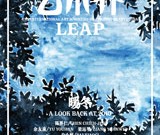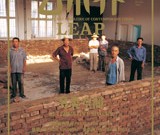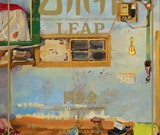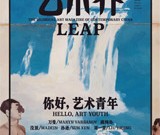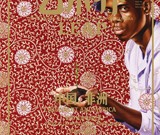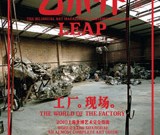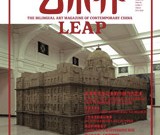LEAP 43 | TINY TIMES
In the early days of 2017, during his allocution at the World Economic Forum in Davos, President Xi Jinping called for an “open, win-win and cooperative” model of globalization. Donald Trump, however, declared in his inauguration speech his preference for “buying American and hiring American.” In these strikingly dissonant signals sent forth by the leaders of China and the United States, one easily perceives the sound of the globalization consensus falling apart; and later this year in Europe, general elections in the Netherlands, Germany and France will extend this social crack even further. Nationalism has torn to pieces the grand narratives of “world citizens” and the “global village”—even though we are all faced with the threat of a global environmental crisis.
Crises sometimes bring back to the fore these “grand” elements, and make us rediscover the political structures and the social ideologies that hide behind “grand narratives.” But nothing is more dangerous than to let the knowledge of our forebears fall into oblivion, to disregard the spiritual realm, to form a simplified and rigid understanding of humanism, to follow others blindly and full of arrogant wilfulness… and thereby, to repeat disastrous historical errors. Might contemporary art provide an open and meditative space in which to grasp independent, diverse and critical new perspectives? With “Tiny Times,” we attempt to open up new dimensions for the discourse of contemporary art, against the dual pressure of “grand” capitalist desire and historical narrative traditions.
This issue’s artist profiles zero in on the practices of artists Yang Fudong and Nedko Solakov. “Yang Fudong: Mythology, the Feminine, and Sense Film—the Flashback that Begins with ‘Moving Mountains’” takes Yang’s most recent film Moving Mountains as a starting point, and examines the psychological dimensions embedded in his oeuvre. “(True) Confessions: Nedko Solakov” traces Bulgarian artist Nedko Solakov’s career beginning with his highly controversial and “confessional” piece Top Secret in 1989.
TOP
Top section presents an array of works by various artists: Algerian French artist Kader Attia’s work that had won him the 2016 Marcel Duchamp Prize, Reflecting on Memory, draws attention to the necessity of imperfect sutures, proclaiming in full view of everyone that the Visible should not be ignored. Sri Lankan British artist Christopher Kulendran Thomas’s project New Eelam took the form of a startup, yet it did not stop at a conceptual stage: the artist founded an actual company, started a brand, and entered into business, selling conceptual products of high-end housing in the image of a high-tech future. Wu Chi-Yu’s project Tropical Flare can be seen as a visual reading of Wakabayashi Masahiro’s book Postwar Political History of Taiwan with compound eyes. Nadim Abbas documented a section of the infamous Atlantic Wall in Ostend, Belgium, further elucidating a correlation between domesticity and warfare, drawing on Virilio’s insights in Bunker Archaeology. We also bring to the readers an acerbic review of the recent publication Donald Judd Writings, and curator Hou Hanru’s tribute to artist Chen Shaoxiong (1962-2016).
BOTTOM
In this issue’s long critique section, author Huang Chien-Hung looks into the projected temporality of film and video. Today, an enormous transformation is taking place, as film and film viewer become mutually-referential. Film’s function as a “reconstruction for the absent viewer” has already begun to change dramatically under the influence of digital toolkits and community platforms. Through constant exchange and reception, one does not just simply “view,” rather, one “encounters.” The section also features 16 exhibition reviews from around the world, examining the 11th Shanghai Biennale, the 3rd Shenzhen Independent Animation Biennale, “Tales of Our Time” at the Guggenheim in New York, and solo exhibitions of Kerry James Marshall, and Omer Fast etc.
TOP
026
NEW DIRECTIONS
CHRISTOPHER KULENDRAN THOMAS: THE ARTIST’S STARTUP
Chan Yu-Chieh
030
PORTFOLIO
TROPICAL FLARE
Wu Chi-Yu
038
SHOP TALK
KADER ATTIA: I THINK I AM A BETTER GHOST THAN I AM A HUMAN BEING
Valentine Umansky
042
BOOKSHELF
DONALD JUDD WRITINGS
Matthew Shen Goodman
046
PASSINGS
In Memory of Chen Shaoxiong
Hou Hanru
050
PORTFOLIO
Oct-1-en-3-one*
Nadim Abbas
060
BULLETIN BOARD
062
SPECIAL REPORT
068
CROSSOVER
MIDDLE
072
(True) Confessions: Nedko Solakov
Stephanie Bailey
082
MYTHOLOGY, THE FEMININE, AND SENSE FILM: THE FLASHBACK THAT BEGINS WITH “MOVING MOUNTAINS”
He Jing
094
FIXATED ON GRAND NARRATIVES
Song Yi、Wu Yifei
096
ON THE NECESSITY OF REDOING THE WORK ALL OVER AGAIN
Wang Wei
110
TALES VERSUS HISTORY
Hou Hanru
118
BIENNIAL FORMAT AT STAKE
Carolyn Christov-Bakargiev
128
THE VORTEX OF GRAND NARRATIVES
Song Yi
134
PORTFOLIO
Jia Chun
140
THE FUTURE OF THE GRAND NARRATIVES
Irmgard Emmelhainz
148
PORTFOLIO
Liu Xinyi
154
THE INVENTION OF SOUTHEAST ASIAN ART TRADITIONS
Liang Jie
BOTTOM
164
ENCOUNTERED TEMPORALITY: STREAMS WITHOUT END
Huang Chien-Hung
176
Why Not Ask Again? The 11th Shanghai Biennale
Wu Mo
178
HOLZWEGE
Song Yi
180
Wu Ding: The Rhythm of Ultimate I
Jiang Yuhui
182
Hsu Che-Yu: No News from Home
Huang Jingyuan
184
Li Songsong : Beihai
He Jing
186
Trembling Surfaces
Zhu Yingying
187
Jian Ce: La Grande Illusion
Wang Wenfei
188
Zhong Yunshu: Tissue and Tissue Paper
Wang Xiaomai
189
Wang Haiyang: Excipient Time,the Naked Ape and his Metaphor
Zhao Mengsha
190
Time Based, Non-Places:The 3rd Shenzhen Independent Animation Biennale
Zeng Wenqi
192
Towards Mysterious Realities
Fang-Tze Hsu
193
Portrait Portrait
Chris Blackmore
194
Omer Fast: Talking is Not Always the Solution
Julia Gwendolyn Schneider
196
Kerry James Marshall: MASTRY
Stephanie Bailey
198
Marguerite Humeau: FOXP2
Kate Sutton
199
Tales of Our Time
Wu Jianru
200
LAST PAGE
Cheng Xinyi
Li Bowen
